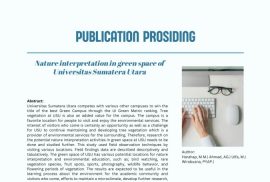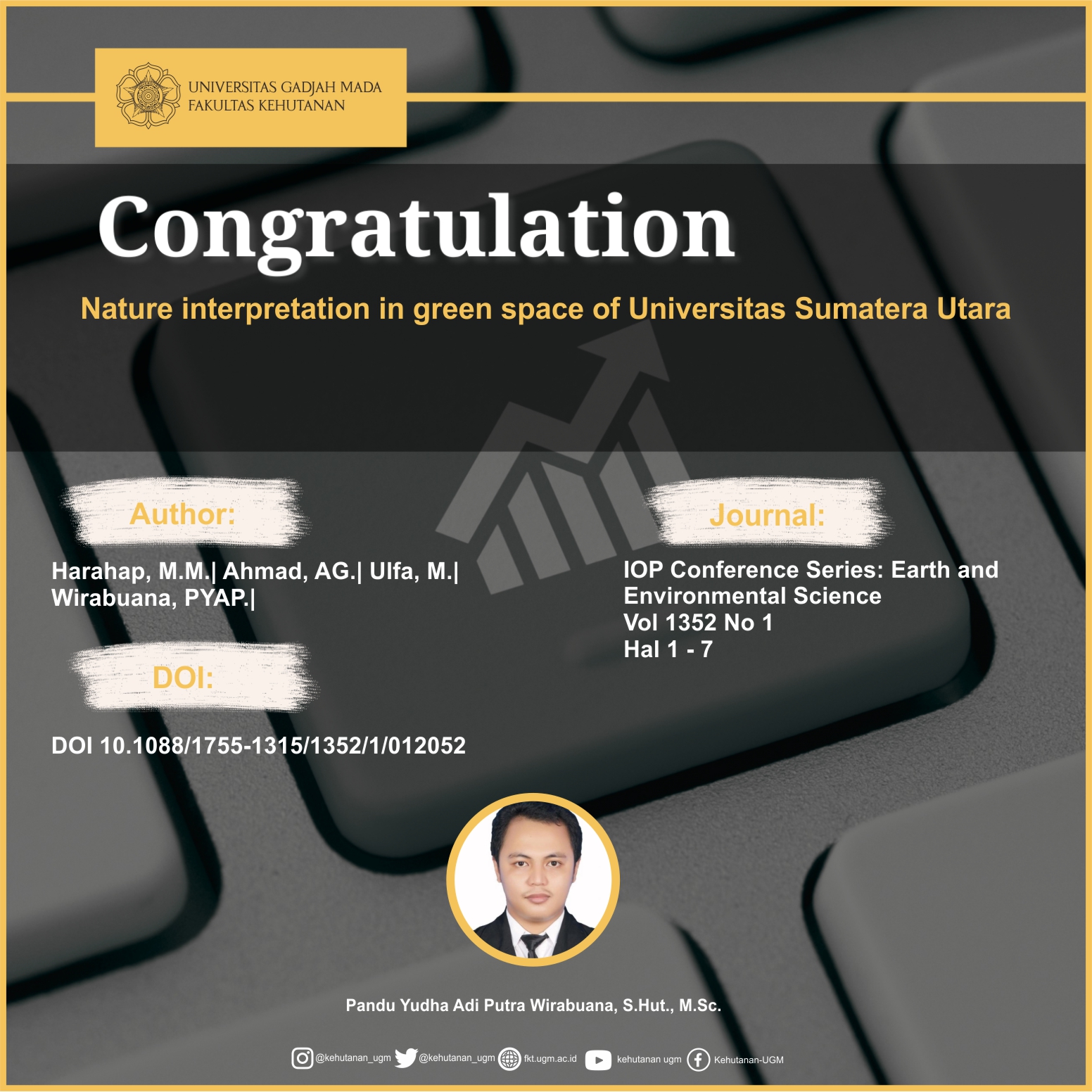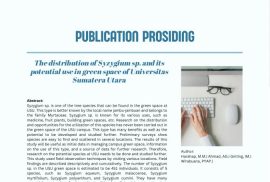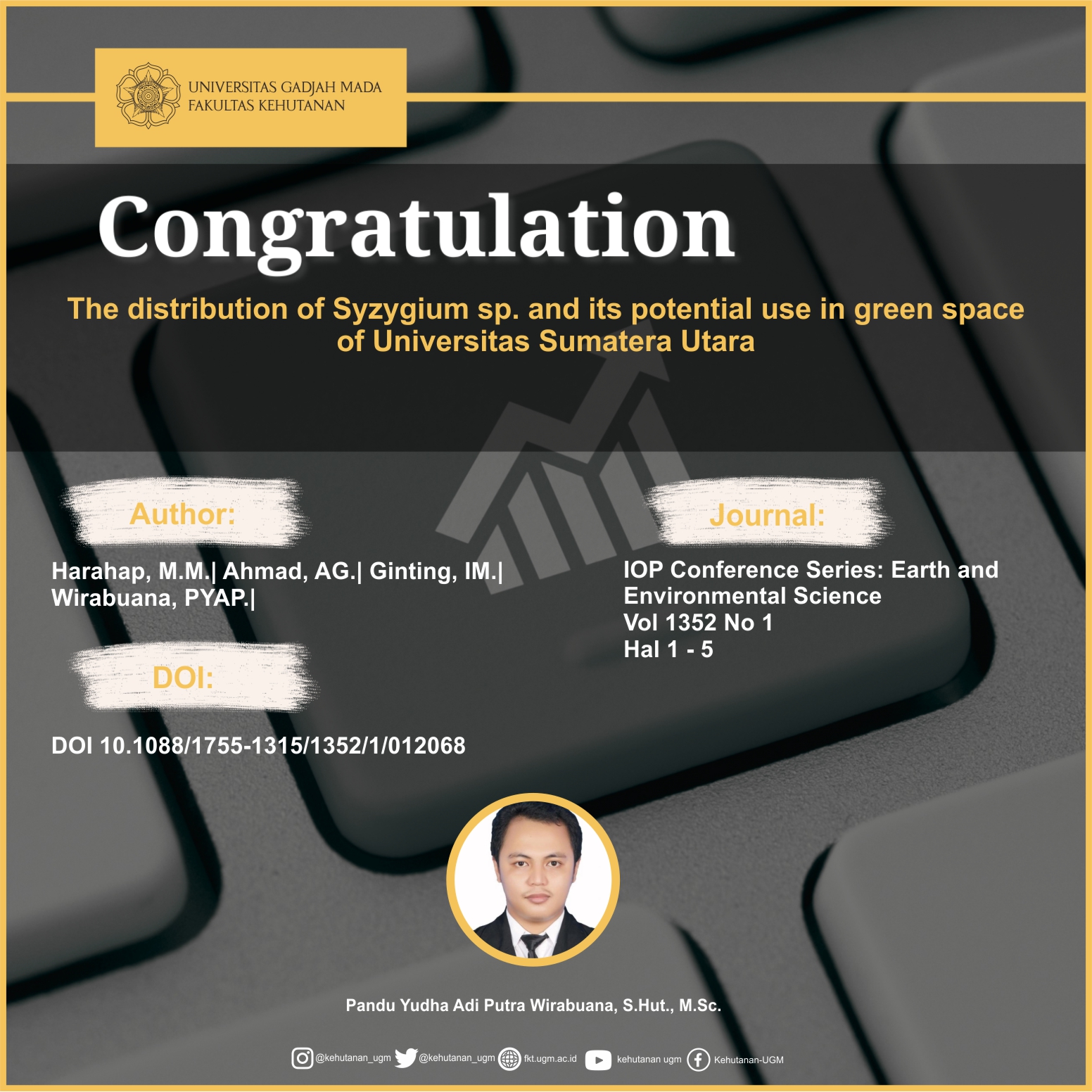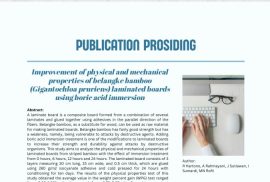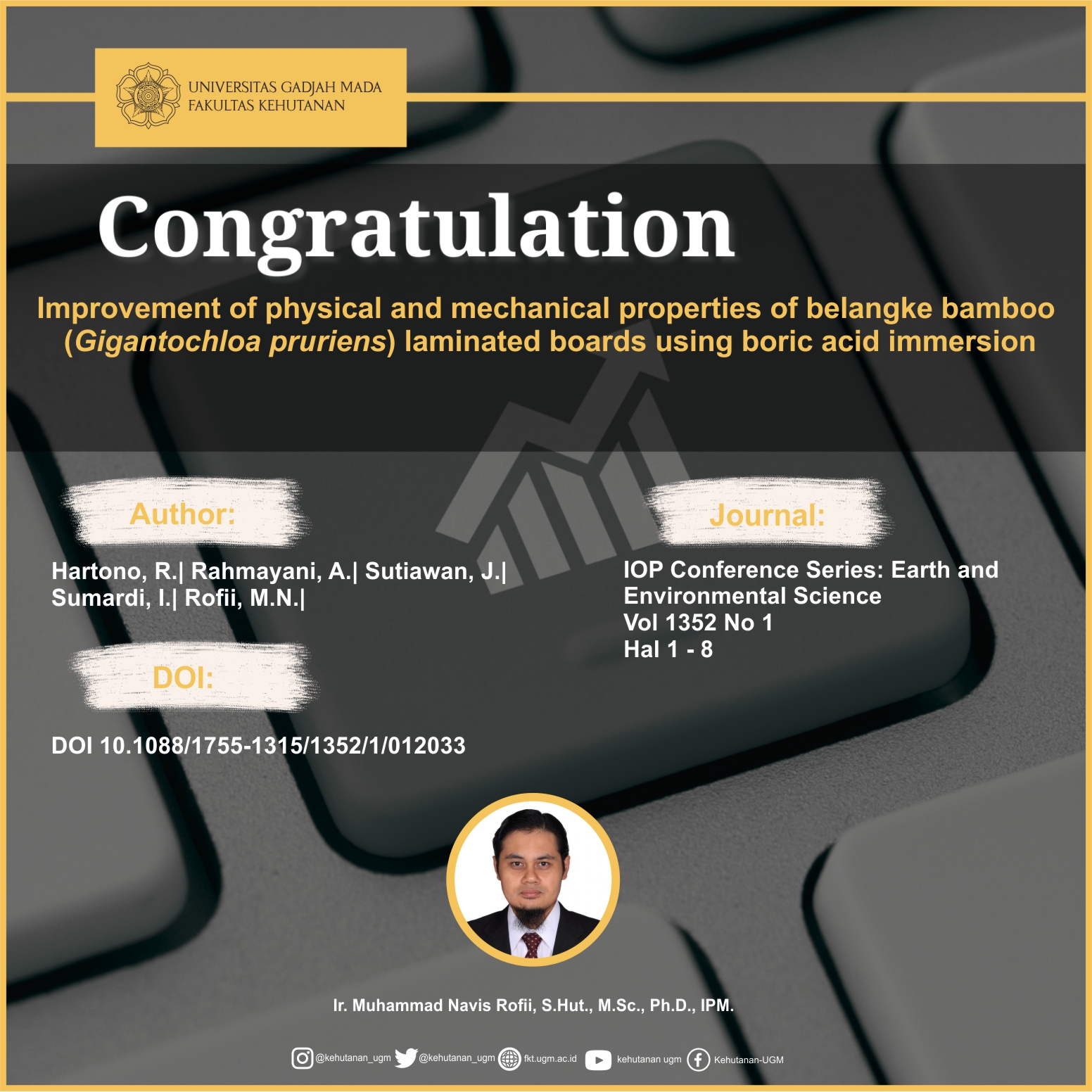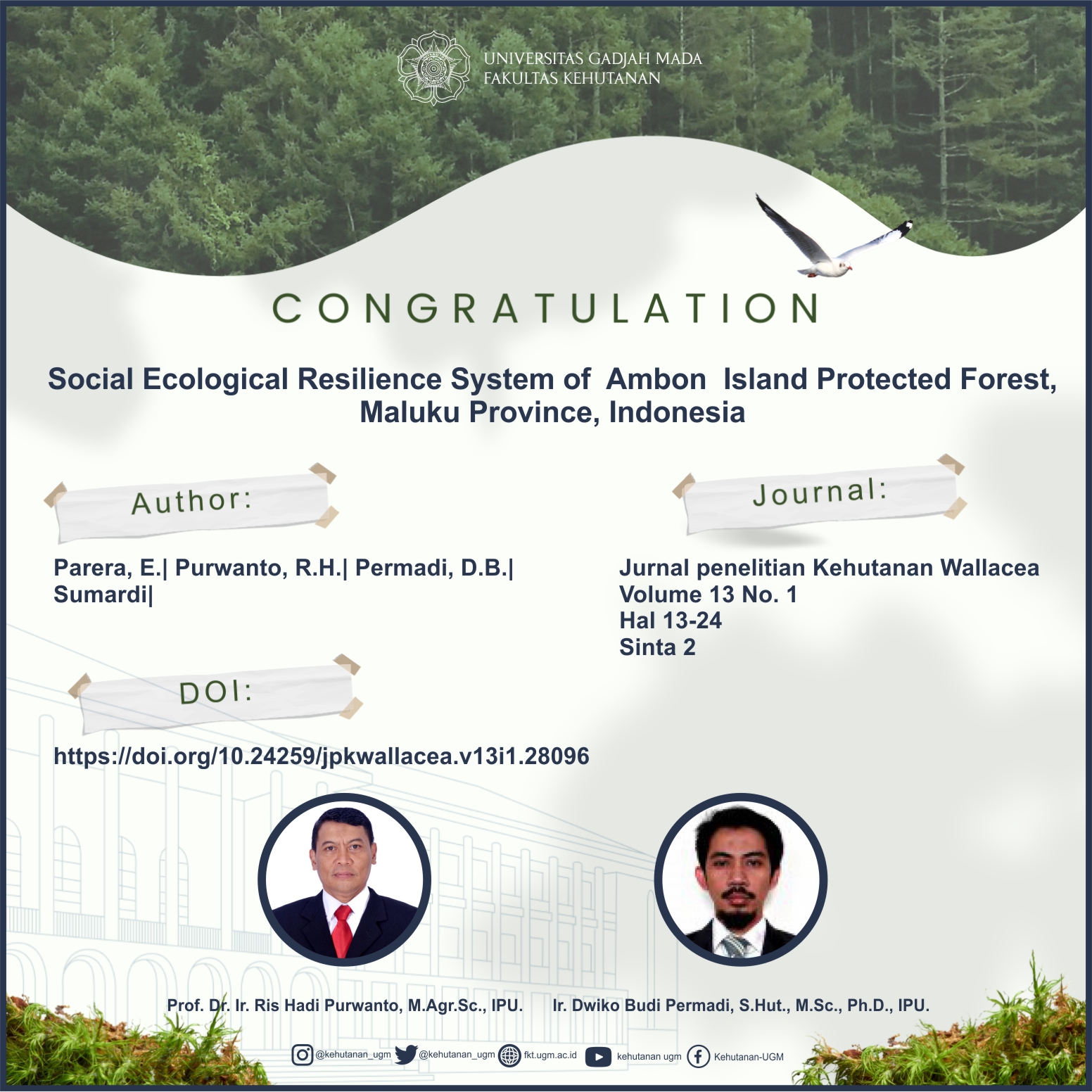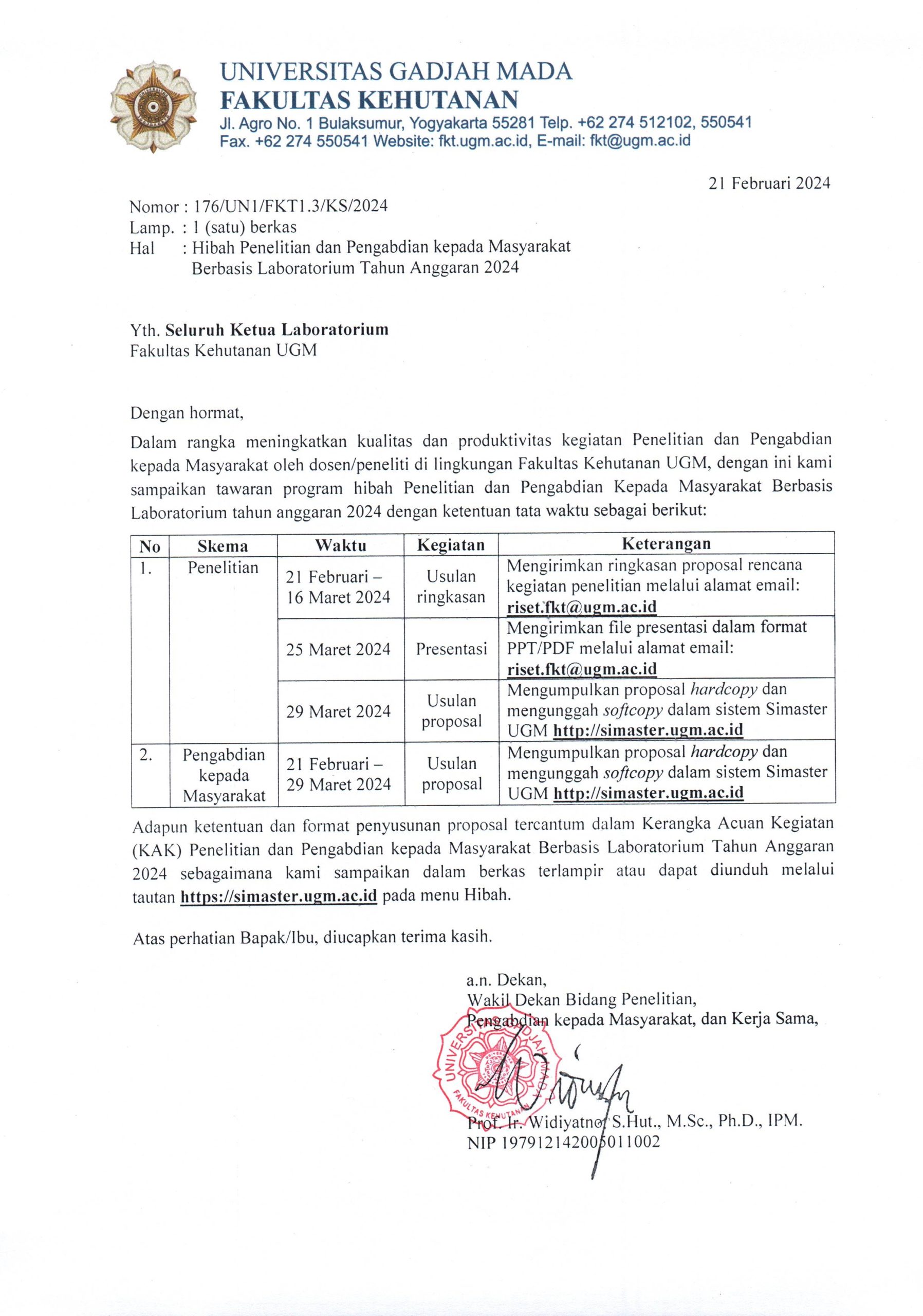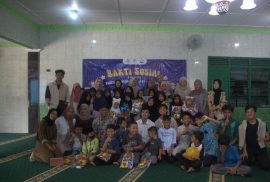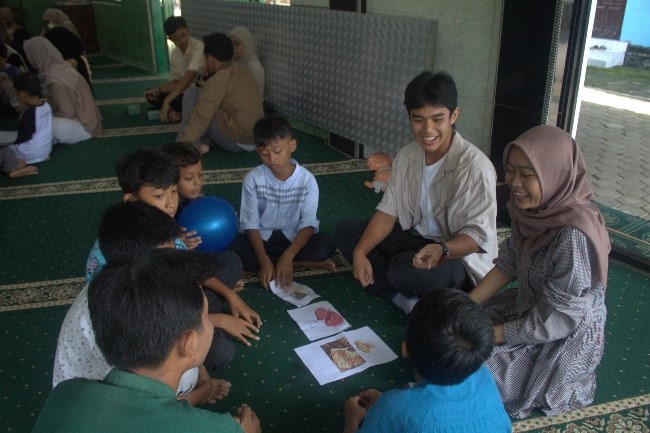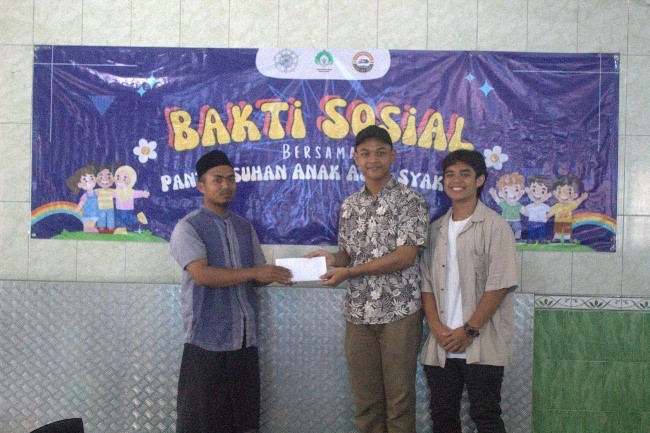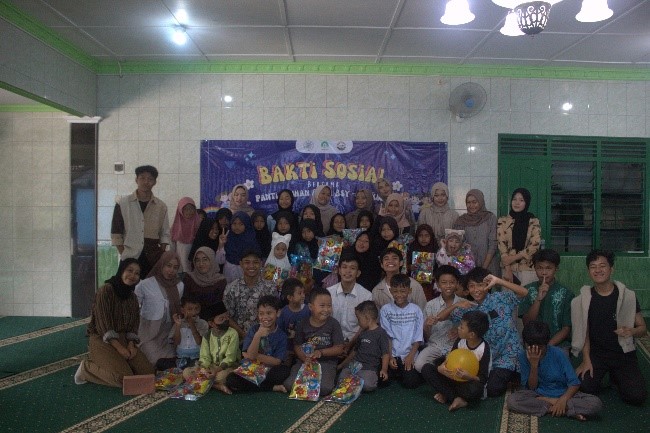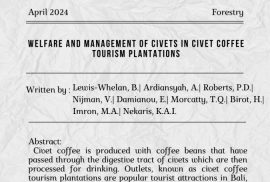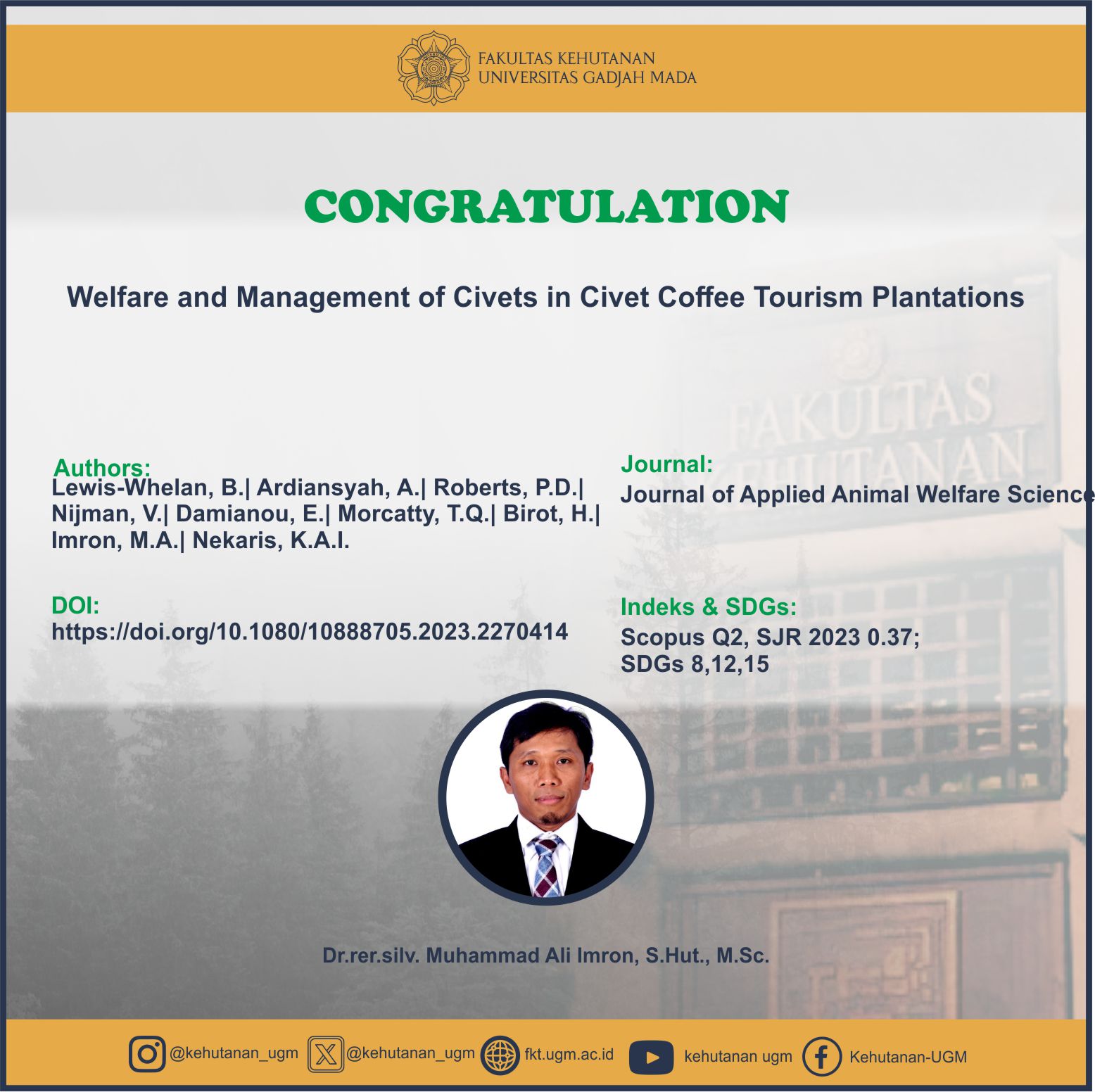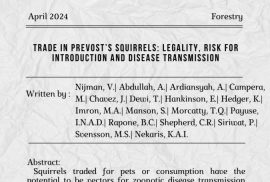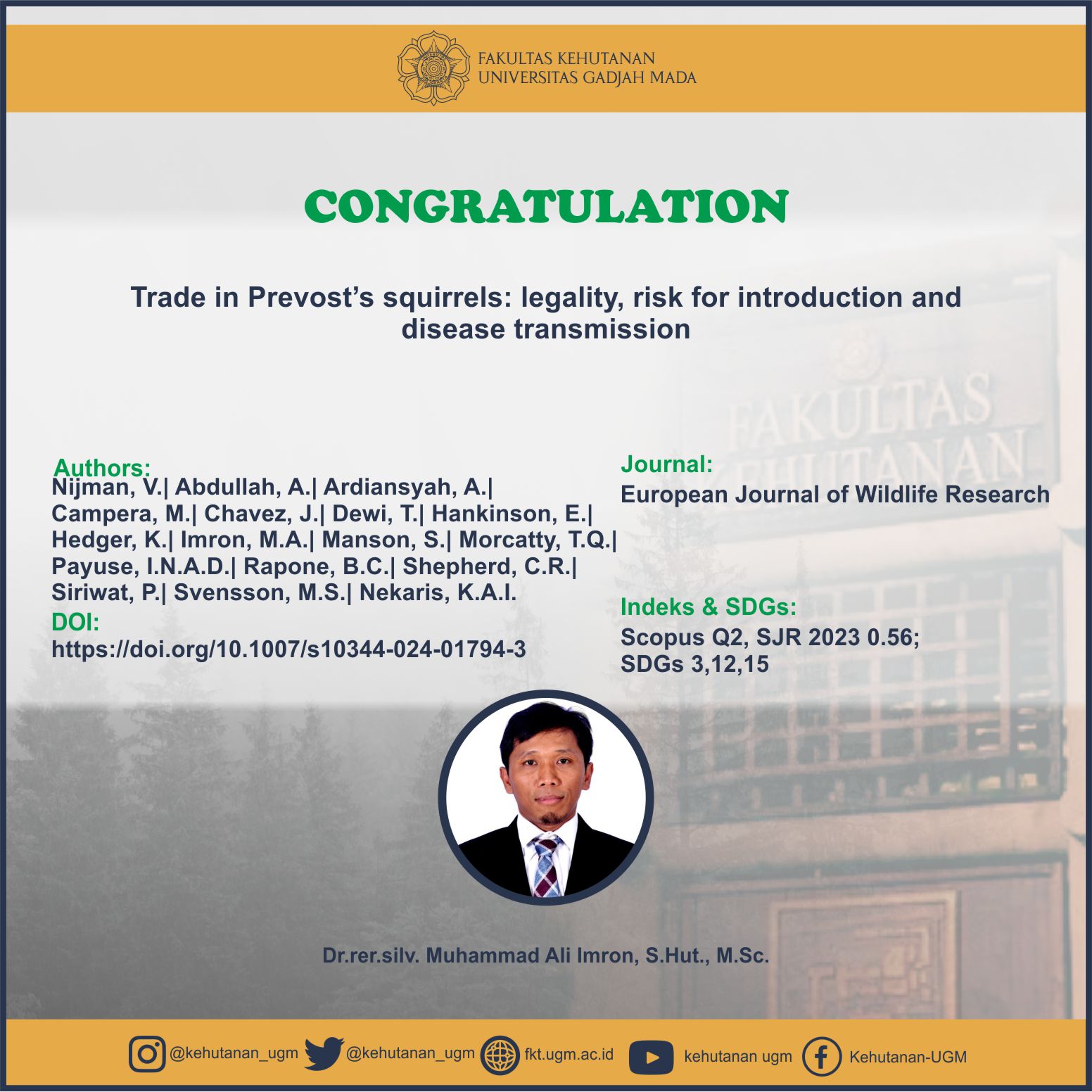Yth. Bapak/Ibu Ketua Pengusul
Program Rekognisi Tugas Akhir Tahun 2024
Universitas Gadjah Mada
Berdasarkan Evaluasi Proposal Program Rekognisi Tugas Akhir Tahun 2024 yang telah dilaksanakan pada hari Senin, 29 April 2024 di Direktorat Penelitian Universitas Gadjah Mada, bersama ini kami sampaikan daftar penerima pendanaan Program Rekognisi Tugas Akhir Tahun 2024 (terlampir).
Penerima pendanaan Program Rekognisi Tugas Akhir Tahun 2024 dimohon untuk mengunggah revisi proposal sesuai dengan format proposal revisi, susunan tim final merupakan tim pembimbing tugas akhir mahasiswa, masukan reviewer, serta besaran dana yang disetujui. Revisi proposal diunggah melalui www.simaster.ugm.ac.id paling lambat hari Senin, tanggal 13 Mei 2024. Program Rekognisi Tugas Akhir Tahun 2024 sudah dapat dimulai sejak tanggal 2 Mei 2024 sampai dengan tanggal 30 November 2024. Informasi lebih lanjut akan kami beritahukan kemudian.
Atas perhatian dan kerja sama Bapak/lbu kami ucapkan terima kasih.
Hormat kami,
Sekretariat Direktorat Penelitian
Link Dokumen Pengumuman RTA 2024:
Download

